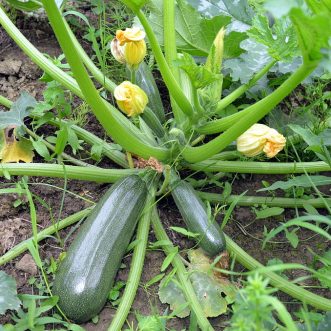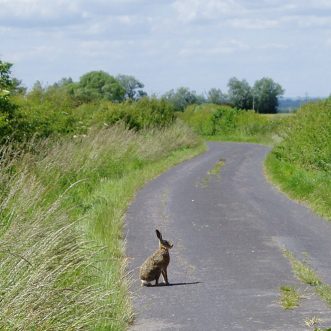
Security vs Sovereignty
A supermarket gives me courgette security. I can buy courgettes all year round, any day of the week. They’ll always be the same size, ripeness and quality. This comes at a cost of course. Supermarket courgettes are always priced at the out-of-season level, even when there is a glut in my allotment.
My allotment gives me courgette sovereignty. I can grow as few or as many as I like. I can grow whatever varieties I choose, provided I can give them the conditions they need. This comes at a cost of course. I have to spend time preparing the soil, weeding and watering to give them the conditions they need.
Which option you choose depends on how much you value their side-effects.
The supermarket option is convenient, freeing up time to do other things. On the other hand, those all-year-round courgettes are grown under plastic which ends up in the soil; in an arid part of Spain, which depletes the local water supply; and are picked by migrants, who live in virtual slavery.
The allotment option involves exercise, fresh air, and the satisfaction of doing it yourself. On the other hand, I have to pay rent, keep it looking neat, and after all my hard work, I may not get any courgettes.
But when I do, I’ll really enjoy them.








